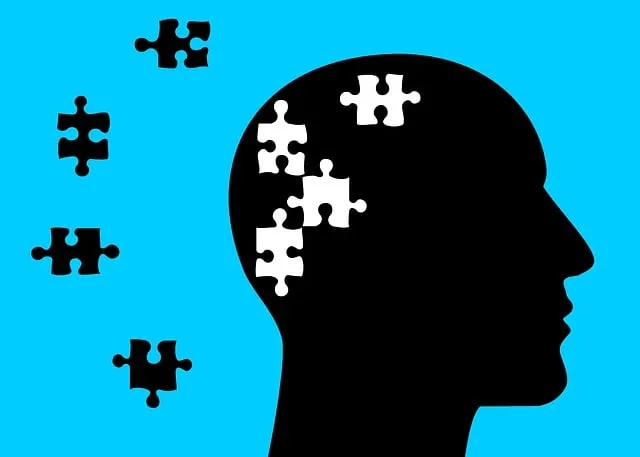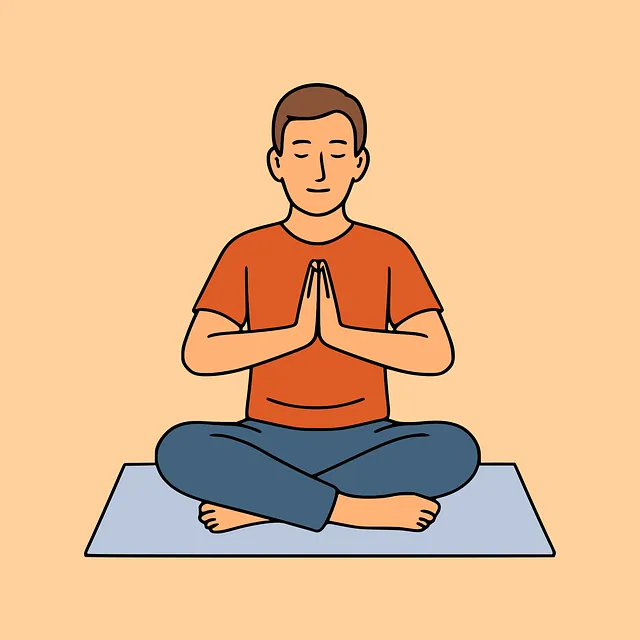The Kaiser Permanente behavioral health center Golden employs a unique RFM framework—Resistance, Flexibility, and Mastery—to promote resilience among individuals seeking behavioral health support. This approach integrates mindfulness practices, conflict resolution techniques, and social skills training to help clients navigate challenges, adapt to changing situations, and manage their emotions effectively. The ultimate goal is to empower individuals with mental fortitude to thrive in various environments, building resilience against life's uncertainties. Beyond clinical services, the center contributes to a broader mental health landscape through initiatives like risk assessment for professionals and Mental Health Policy Advocacy, ensuring access to resources for both individuals and healthcare providers.
“Discover how Kaiser Permanente Behavioral Health Center Golden is leading the way in building resilience through innovative RFM (Resilience, Flexibility, and Mastery) practices. This comprehensive guide explores the power of RFM as a framework for enhancing mental well-being in behavioral health. Learn about various exercises that foster resilience, and gain practical strategies for integrating these techniques into mental health programs. By understanding RFM, we can empower individuals to navigate life’s challenges with greater strength and adaptability.”
- Understanding RFM: A Framework for Resilience in Behavioral Health
- The Role of Kaiser Permanente Behavioral Health Center Golden in Promoting Resilience
- Types of Resilience-Building Exercises and Their Benefits
- Implementing RFM: Strategies for Integrating into Mental Health Programs
Understanding RFM: A Framework for Resilience in Behavioral Health

At the Kaiser Permanente behavioral health center Golden, understanding RFM—a framework that prioritizes resilience as a cornerstone of behavioral health—is paramount. RFM stands for Resistance, Flexibility, and Mastery, each component representing a distinct yet interconnected aspect of fostering mental fortitude. Resistance refers to coping mechanisms that help individuals navigate challenging situations without succumbing to stress or trauma. Flexibility involves adjusting one’s mindset and behavior in response to changing circumstances, while Mastery equips people with skills to actively manage their emotions, thoughts, and behaviors.
This holistic approach integrates various exercises designed to enhance self-awareness, such as mindfulness practices, alongside conflict resolution techniques and social skills training. By combining these strategies, the Kaiser Permanente behavioral health center Golden aims to empower individuals not just to survive but to thrive in diverse environments, ultimately building resilience that can withstand life’s inevitable ups and downs.
The Role of Kaiser Permanente Behavioral Health Center Golden in Promoting Resilience

The Kaiser Permanente Behavioral Health Center Golden plays a pivotal role in promoting resilience among individuals seeking support for their mental well-being. This center is dedicated to providing comprehensive behavioral health services, focusing on evidence-based practices that empower people to navigate life’s challenges with greater adaptability and strength. Through various therapeutic interventions, the center equips clients with effective coping strategies to manage stress and build resilience, fostering a sense of agency and self-reliance.
In addition to its clinical offerings, Kaiser Permanente Behavioral Health Center Golden contributes to the broader mental health landscape through initiatives like risk assessment for mental health professionals and Mental Health Policy Analysis and Advocacy. These efforts ensure that not only individuals but also healthcare providers have access to resources that enhance their resilience in the face of workplace stressors and complex patient cases. By integrating stress management techniques into professional development, the center contributes to a more robust and adaptable network of mental health practitioners.
Types of Resilience-Building Exercises and Their Benefits

Resilience-building exercises play a pivotal role in fostering mental fortitude, especially within the demanding healthcare sector. These activities are designed to equip individuals with coping mechanisms against stress, anxiety, and potential burnout, all prevalent issues among healthcare providers. At the Kaiser Permanente behavioral health center Golden, professionals emphasize various engagement strategies tailored to individual needs.
One common approach involves mindfulness practices, such as meditation and deep breathing exercises, which promote positive thinking and emotional regulation. These techniques help healthcare workers navigate high-pressure situations with composure and can significantly reduce stress levels. Additionally, group therapy sessions foster a supportive environment, allowing providers to share experiences, build camaraderie, and learn from one another’s resilience strategies. Incorporating these practices into daily routines not only enhances personal well-being but also contributes to improved patient care within the Golden behavioral health center’s community.
Implementing RFM: Strategies for Integrating into Mental Health Programs

Implementing RFM (Resilience, Flexibility, and Mindfulness) strategies within mental health programs at Kaiser Permanente behavioral health centers in Golden offers a transformative approach to patient care. By integrating RFM into existing services, these centers can enhance their ability to support individuals in developing coping skills and promoting emotional well-being.
One effective strategy is incorporating self-awareness exercises tailored to individual needs. These exercises enable patients to gain insights into their thoughts, emotions, and behaviors, fostering a deeper understanding of themselves. Additionally, mindfulness practices can be woven into daily routines, helping individuals cultivate present-moment awareness and resilience in the face of stress or adversity. Over time, these techniques contribute to improved emotional regulation and overall mental health.
Resilience is a cornerstone of mental well-being, and the Kaiser Permanente Behavioral Health Center Golden has pioneered effective strategies like the RFM framework to enhance it. By understanding individual needs through this model, centers can implement targeted resilience-building exercises that foster strength and adaptability. These exercises, backed by research, offer tangible benefits for participants, making them valuable tools for mental health programs. Integrating these practices into existing services at Kaiser Permanente Behavioral Health Center Golden demonstrates a commitment to empowering individuals to navigate life’s challenges with greater resilience.






